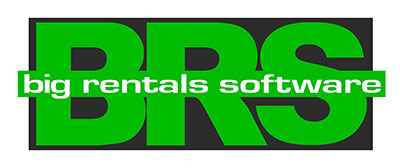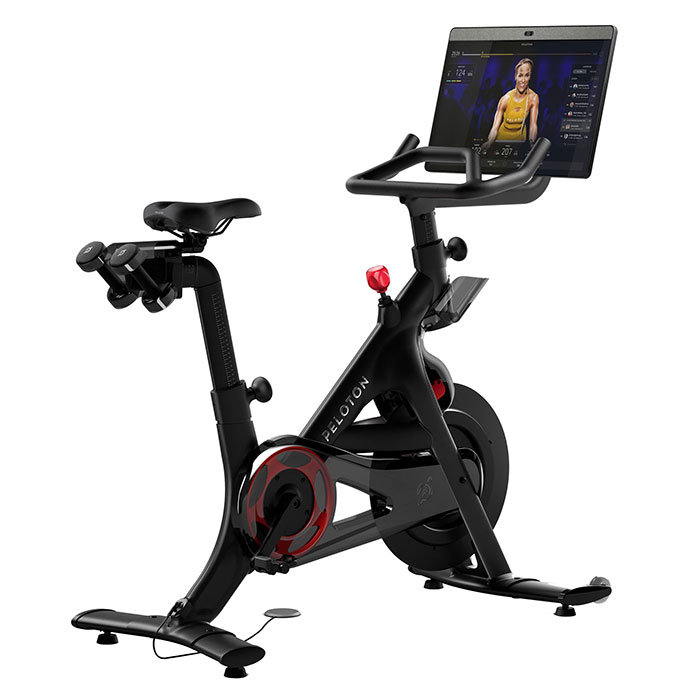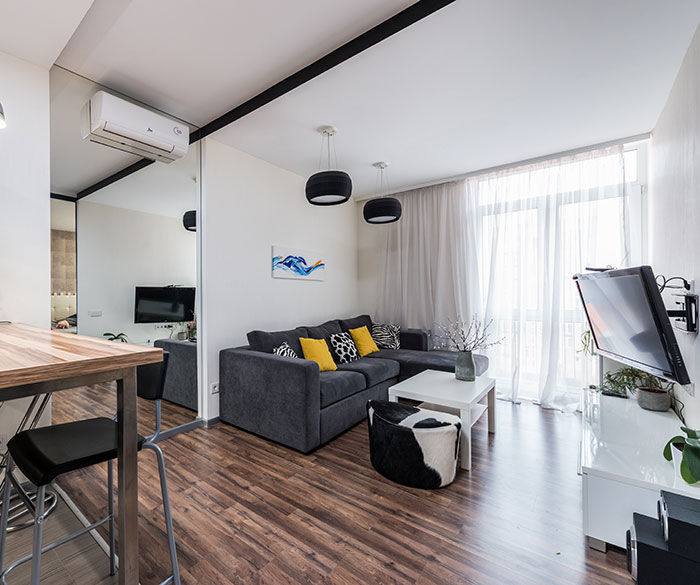Enterprise Rentals for Manufacturers
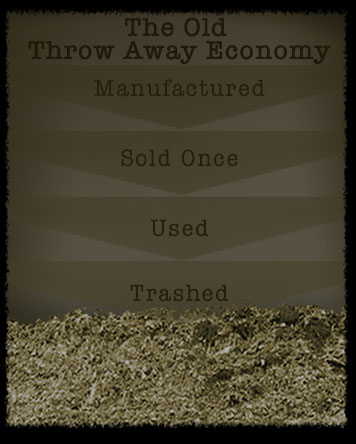
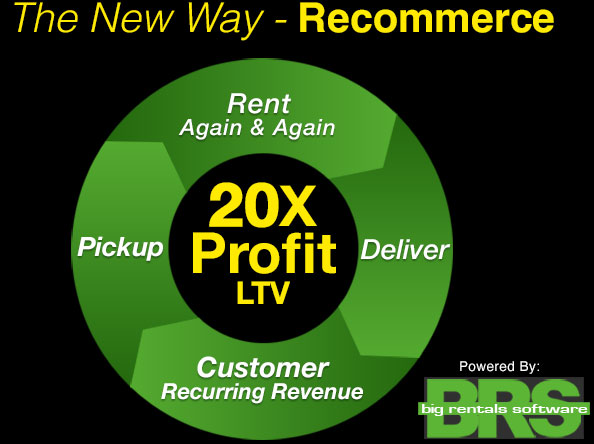
Transparent Pricing | Online Rentals & Contracts | Automated Recurring Billing | Inventory Management | Customer Service
"A delivery truck with only one wheel isn't a wheelbarrow."
Required Elements of a Unified Rental System:
Your Customer's Experience
- Your Site/Your Brand
- Transparent Pricing
- Custom Delivery Area
- Online Rental
- Online Contract
Your Site's Support App
- Dynamic Pricing
- Inventory
- Service Area
- Delivery Calculations
- Contract Generation
- Initial Billing
- Recurring Billing
- emails / Notifications
Customer Service
- CRM Designed for Rentals
- Customer Types
- Scheduling
- Recurring Billing Management
- Rental Cycle Management
- Editing Rentals
- Collections
Recurring Billing
- Credit Card Processing
- Recurring Billing
- One-time Transactions
- Refunds
- Payment Management
- Collections
- Late Fees
Logistics
- Scheduling
- Required Delivery Information
- Delivery Prep
- Delivery/Installation
- Pickup
- Rental Completion
Inventory Management
- Prep/Product Assignment
- Real-time Product Locations
- Purchase/Sales
- Costs
- Service/Maintenance
- Repairs
Maintenance
- Inspections
- Service History
- Repairs history
- Parts Ordering
Employee Management
- Access Controls
- Mobile or Desktop Focused Roles
- Scheduling
- Software Guided Workflows
- Accountability
The Benefits of Renting Returned Products: Turning Trash into Revenue
The global returns market is a massive industry, valued at over $1.8 trillion, yet many companies still treat returned products as waste. However, recent years have seen a shift as businesses begin to recognize that these returned items—many of which are in excellent condition—hold significant untapped value. This shift has given rise to a new, fast-growing market: the rental market for returned goods. By renting lightly used items rather than discarding them, companies can generate revenue, promote sustainability, and appeal to a growing base of environmentally conscious consumers. Let’s dive into the key advantages of renting returned products and explore how this trend is reshaping consumer behavior and business practices.
Key Benefits of Renting Returned Products
1. Cost Savings for Consumers, High Returns for Companies
Renting returned products delivers a win-win scenario: consumers access high-quality goods at a fraction of the retail price, while companies unlock new revenue streams. Typically, returned items might sell for 30-70% less than retail, but the rental model can generate 7-10 times the MSRP over a product's lifecycle. Imagine being able to rent a designer suit or the latest tech gadget at a fraction of the cost of buying new. This model democratizes access to premium products, making high-end items available to more people while enabling businesses to turn returns into long-term revenue drivers.
2. Shifting Consumer Expectations and Acceptance
Renting comes with its own set of consumer expectations. In traditional retail, "open box" or "used" products can carry a stigma, often perceived as inferior. But rental customers have a different outlook—they’re generally comfortable with lightly used items, seeing wear as a sign of durability and reliability. This shift is helping to normalize renting as a viable, sustainable alternative to buying, paving the way for a broader acceptance of renting, especially as consumer preferences evolve toward sustainability and smart spending.
3. Environmental Impact: Lowering Waste and Carbon Emissions
Renting returned products actively contributes to environmental sustainability by reducing waste. In the U.S. alone, around 5 billion pounds of returns end up in landfills each year. By placing these items in the rental market, companies extend the lifecycle of products, reducing the demand for new manufacturing and lowering the associated environmental footprint. This approach aligns with circular economy principles—where reuse and recycling take precedence over disposal—and positions companies as leaders in sustainable business practices.
4. Access to a Wide Range of Products
One of the most attractive aspects of renting is the flexibility it provides. Renting allows consumers to access a wide range of products—everything from furniture to electronics—without the permanence of ownership. This flexibility is ideal for people who need temporary solutions or prefer frequent updates, like renting a new smartphone model to test its features before committing. In essence, consumers gain access to premium products while enjoying the freedom to change or upgrade as they wish, making renting particularly appealing to younger, experience-driven consumers.
5. "Try Before You Buy" for Informed Purchases
Renting returned products can serve as an ideal “try before you buy” solution, especially for higher-cost items like electronics or specialized gear. For instance, a consumer might rent a high-end camera for a trip, testing its capabilities before investing in ownership. This model leads to higher customer satisfaction and fewer returns, as consumers gain firsthand experience and can make informed decisions before committing to a purchase.
6. Assured Quality through Refurbishment
Companies that rent returned products understand the importance of quality control. Brands like Grover, which specializes in renting tech products, and Fernish, known for furniture rentals, have built reputations on refurbishing, inspecting, and sanitizing each item to meet high standards. This process ensures that customers receive well-maintained, dependable products, building trust in the rental experience and driving repeat business.
7. Popularity Among Millennials
Renting has found a particularly strong foothold among Millennials, who value flexibility, sustainability, and smart spending. Studies show that around 70% of Millennials are open to renting products, with over 65% seeing rentals as financially sensible and environmentally responsible (PwC, Consumer Intelligence Series, 2021; JLL, Millennials & Renting, 2019). For a generation that often values experiences over possessions, renting provides access to high-quality items without the commitment of ownership, making it an attractive option. This demographic trend has driven the success of platforms specializing in furniture, technology, fashion, and fitness equipment rentals, as Millennials prioritize sustainable and flexible options that align with their values.
BRS: An Innovative Solution for Brands
For brands looking to recover revenue from returns, BRS offers a powerful solution. With its cloud-based lifecycle rental management system, BRS allows companies to transform returned products into revenue-generating rental assets. Some companies using BRS report earning 7-10 times the original MSRP through rental income, effectively turning what would have been waste into profit. Given the $1.8 trillion value of the returns market, there is significant potential for companies to unlock value and build sustainable business practices by viewing returns as rentable resources.
The rental market for returned products not only provides financial advantages but also aligns with the needs of an eco-conscious consumer base, making it a powerful force for change. By redefining the way we approach returns, companies are helping shift the market toward a more sustainable, circular economy, where items once considered waste are transformed into valuable, revenue-generating resources.

